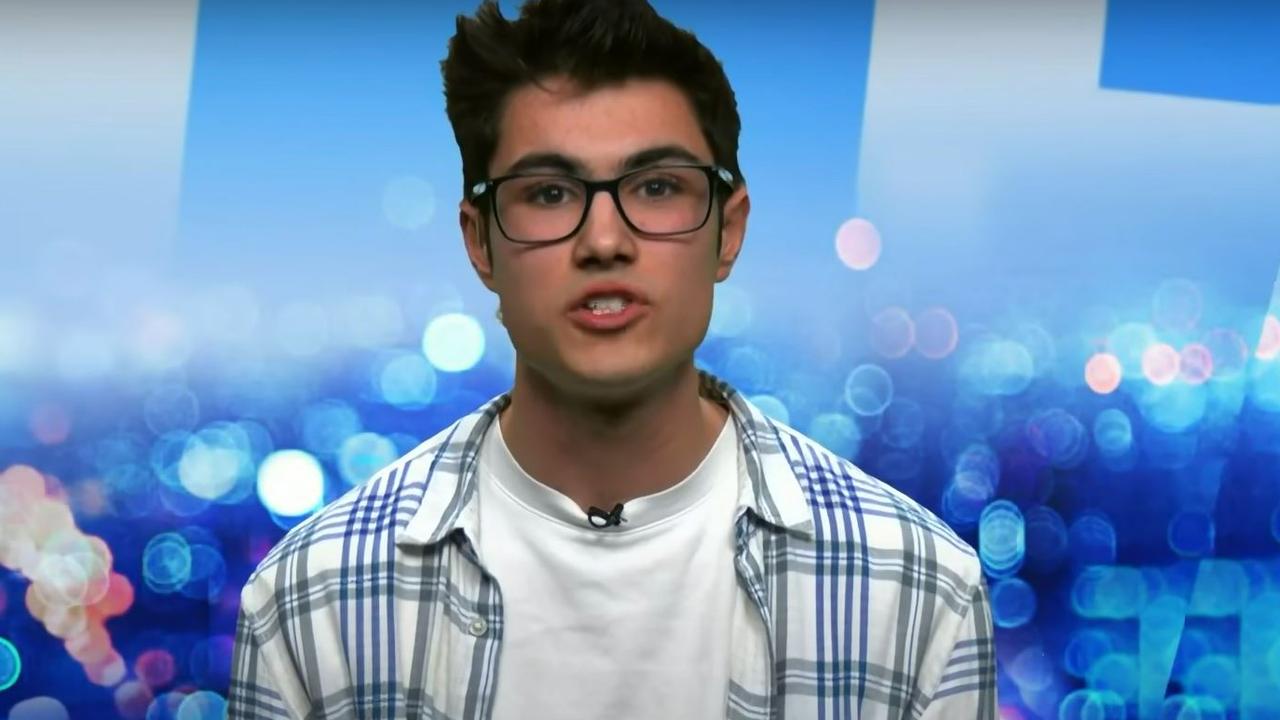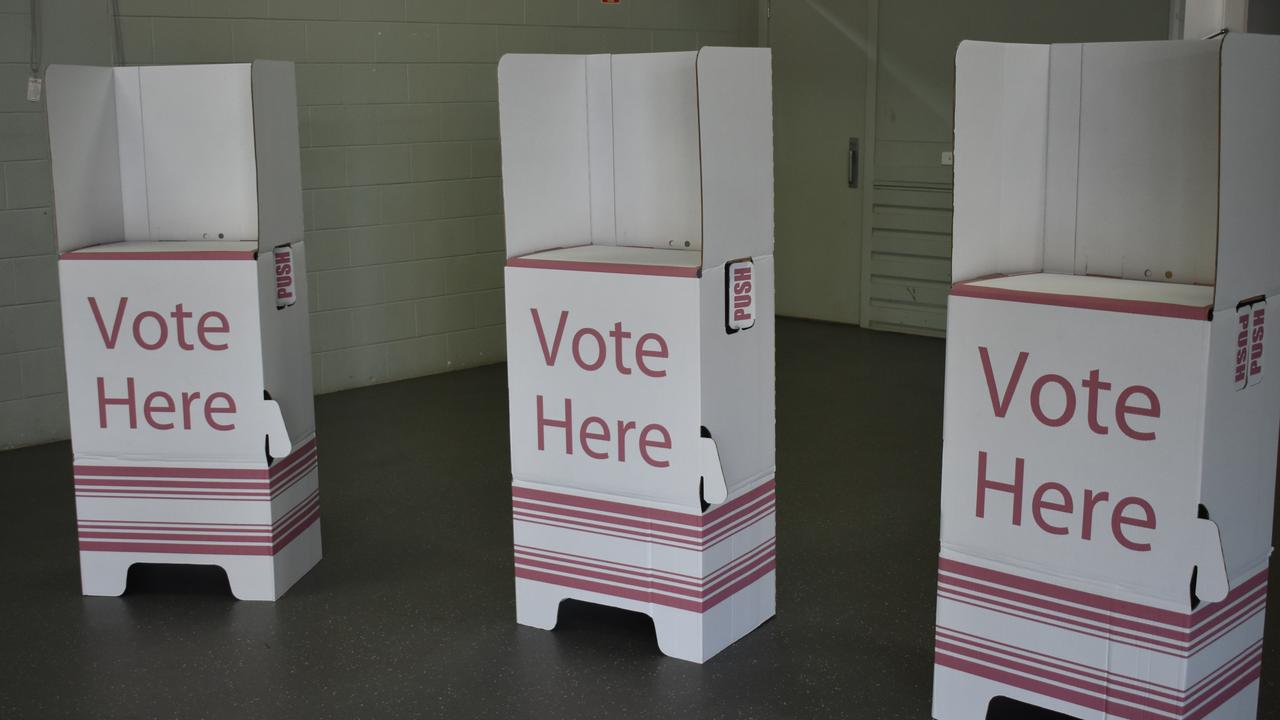Gen Z pushing for Australia’s voting age to be lowered to 16
Young Aussies are putting pressure on the government to make a massive change to the country’s voting system.
Young Aussies are calling for a massive change to the country’s voting system, with Gen Z now ramping up the pressure on the government.
Calls to lower the voting age from 18 to 16 have been around for a long time. In fact, back in 2015 then-Labor leader Bill Shorten publicly backed the idea, saying if teenagers can pay tax, drive cars and serve in the military, then they should be able to vote.
So, while the idea for Australia to follow suit has been around for some time, Gen Z is putting the pressure on the government to actually do something about it.
Make It 16 is Australia’s first youth-led campaign to lower the voting age and allow more than half a million 16 and 17-year-olds to have their say at the ballot box.
The campaign argues that Australia is “falling behind” many other countries who have already lowered the voting age
Scotland, Cuba, Brazil, Wales and Austria are just some of the long list of countries who allow 16-year-olds to vote.
New Zealand, Canada and Germany are also well on their way to making the same change.
Ravin Desai, one of the young people behind the Make It 16 campaign, pointed out that 16 and 17-year-olds already share many of the same responsibilities as adults.

“Whether it be driving, consenting to sex, consenting to medical procedures and even enlisting in the army here,” he told Channel 10’s The Project on Wednesday.
“And yet they don’t have a say in political decisions that are becoming increasingly more important in their lives.”
He believes the stability that many Australians have at the age of 16 makes it a perfect age to be enrolled to vote.
“You’re probably still at school, you’re probably in a stable environment and therefore it’s actually the best age to get used to enrolling and to get into that system,” Mr Desai said.
“Studies have shown that 16 year olds are actually more engaged in politics than 18 year olds, because 18 year olds have a lot of change in their life.”
The 17-year-old has recently been in Canberra lobbying politicians on both sides of the government to back the push to lower the voting age.
He said he spoke to people on both sides of government who recognised the importance of giving young people a “true voice”.
However, Mr Desai believes now is the time for those in charge to give Gen Z “a real seat at the table”.
“I think at this moment, we’re just waiting on the big parties to actually formulate a policy decision and respond to this properly,” he said, adding he would be “surprised” if Labor didn’t support the change given the party’s past stance.

Mr Desai told the program that, while many politicians talk about speaking to young people and hearing their thoughts, there are very few that actually engage with what they are saying.
With the vast majority of people in parliament being over the age of 30, the Victorian teenager says it is incredibly difficult for young people to actually relate to the policies being put forward.
“Especially with so many crises, like cost of living, the climate crisis, the housing crisis, these are all issues that confront myself and all of my peers and, frankly, we just don’t feel like they’re being addressed with a youth perspective in mind,” he said.
However, while the campaign has the backing of independent MPs Monique Ryan and Andrew Wilkie and Greens youth spokesman Stephen Bates, it may be a struggle for this plan to become a reality.
A private members Bill to lower the voting age introduced by Mr Bates earlier this year failed and the government has said making this kind of change is not a priority Australia needs “right now”.
Assistant Minister to the Prime Minister, Patrick Gorman, said last week there is a risk this change could lead to a weaker voting system.
“If we take away compulsory voting, or have some sort of, you know, ‘your first vote’s free’ idea, which is what the Make it 16 proposal is, that does weaken compulsory voting and we can’t go down that path,” he said.
Mr Gorman said young people don’t have to vote to be able to have a say in Australia’s democracy, noting there are a number of other ways for Gen Z to get involved in issues that concern them.






